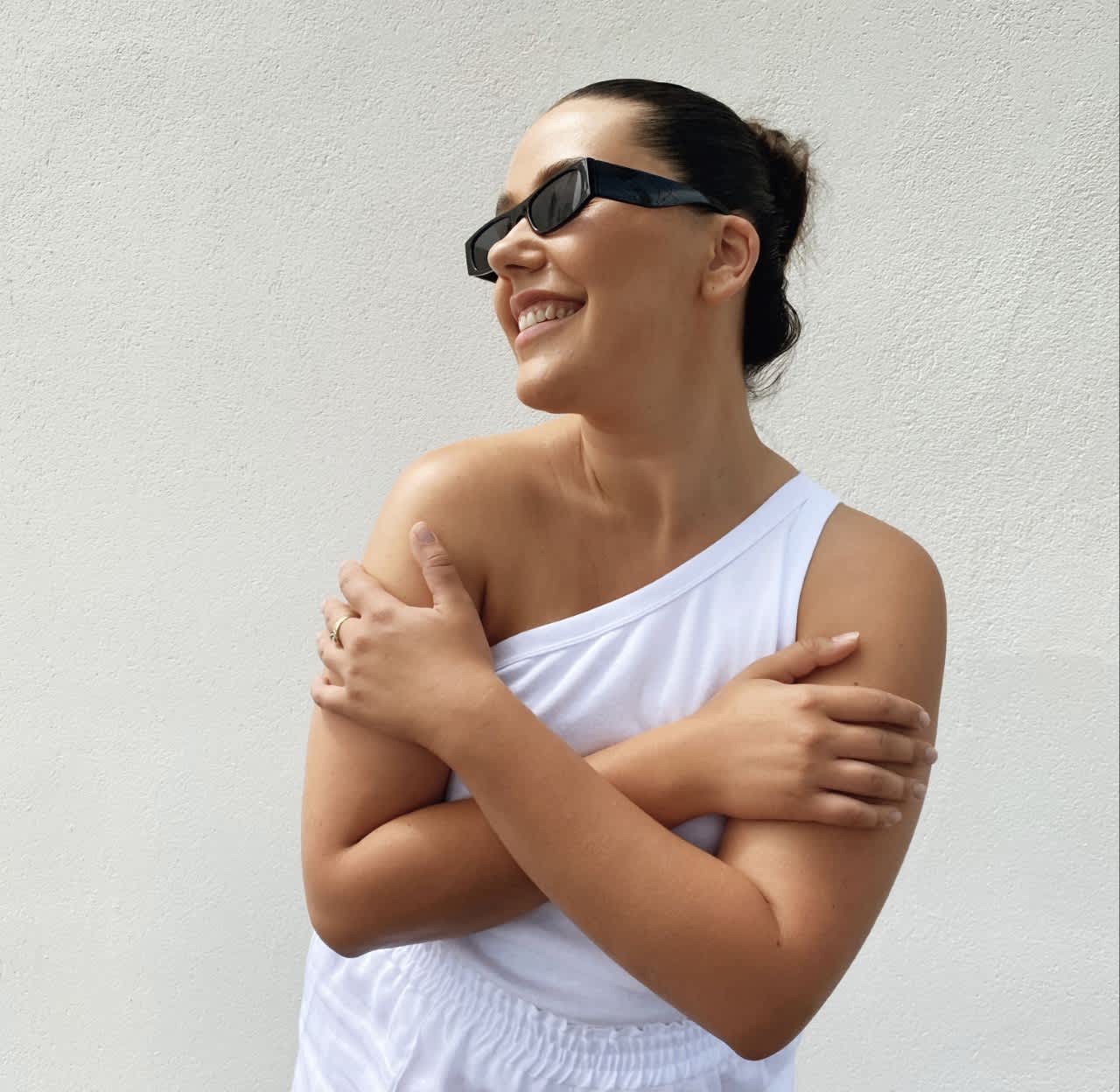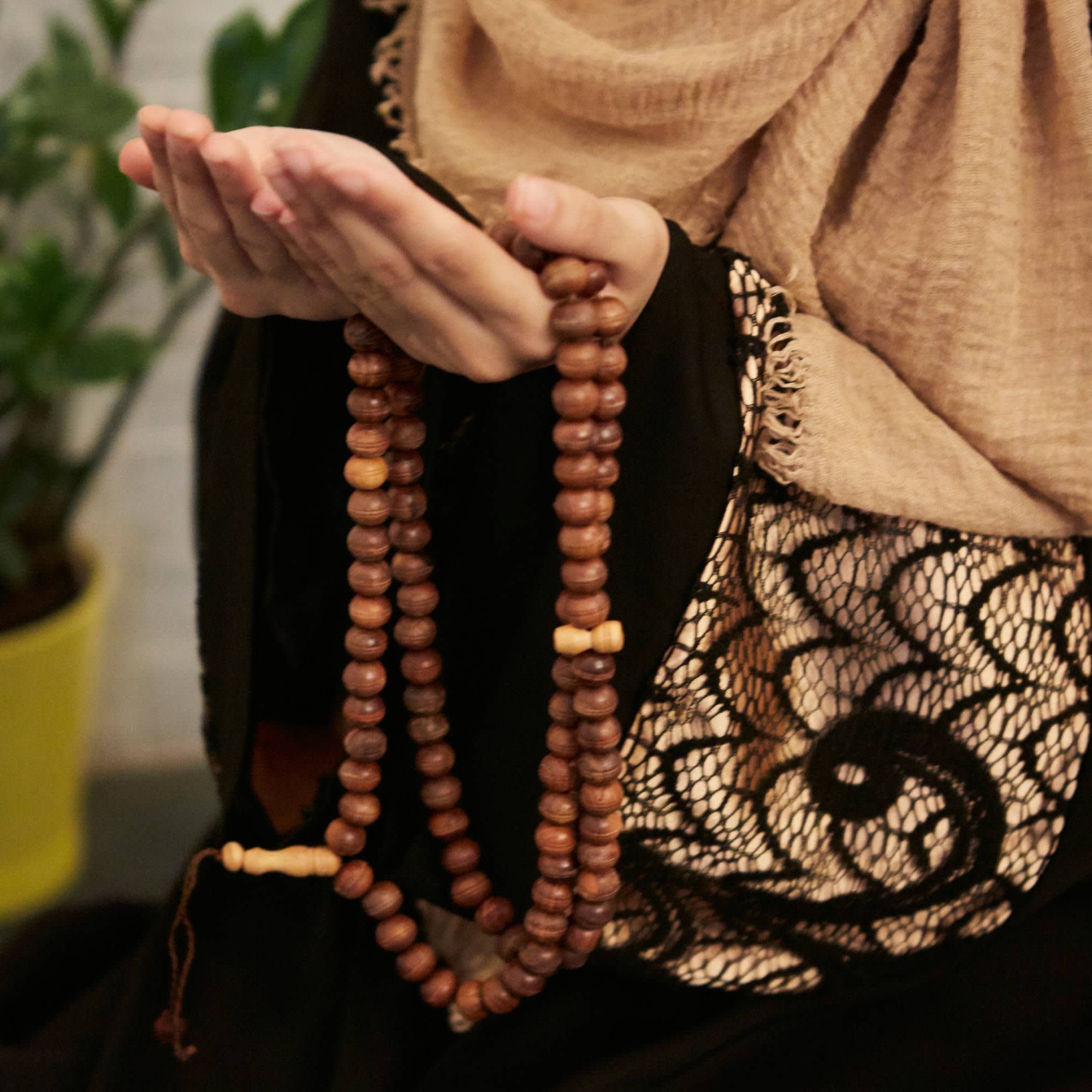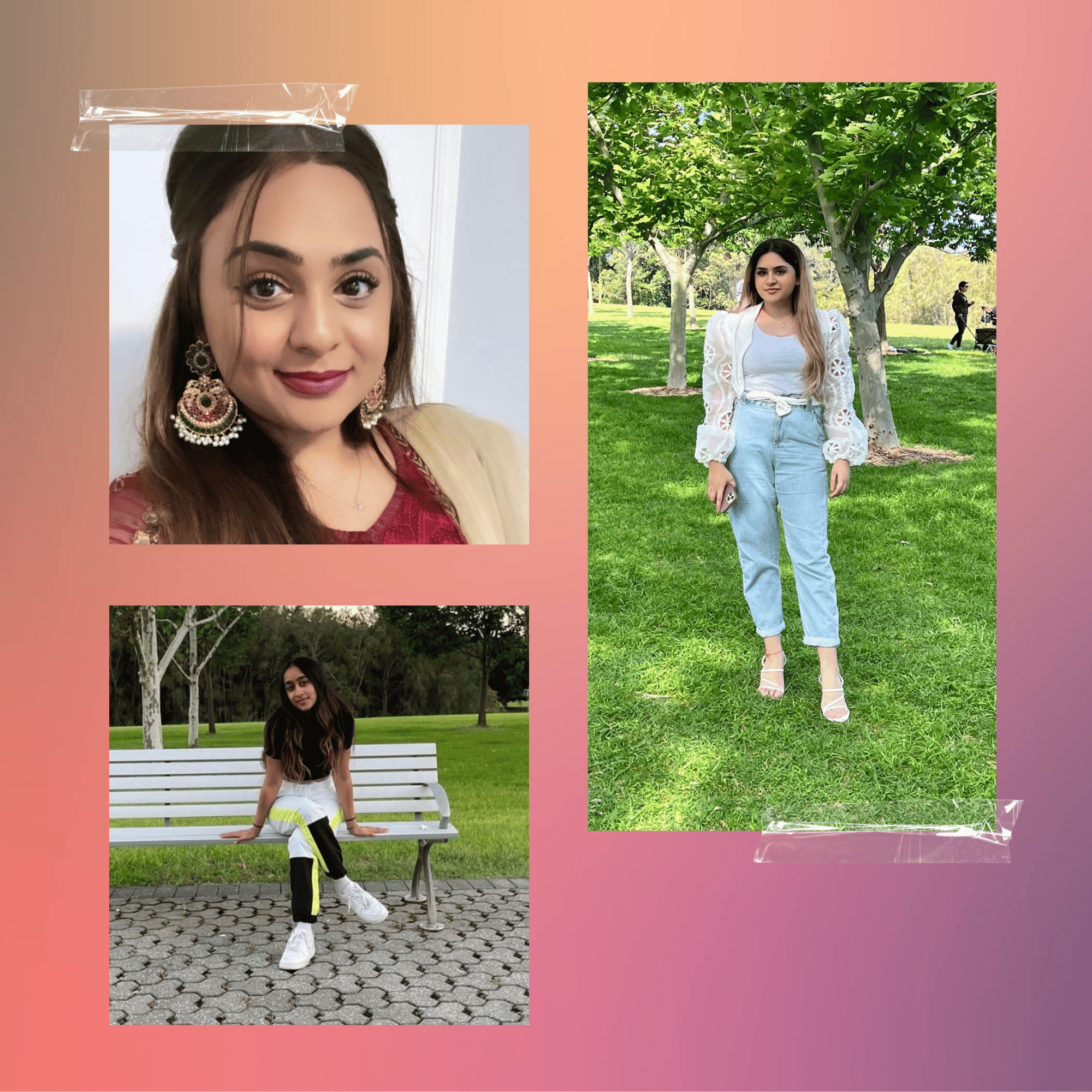
- POPSUGAR Australia
- Living
- “It’s About Feeding My Soul”: Three Women on What Ramadan Means to Them
“It’s About Feeding My Soul”: Three Women on What Ramadan Means to Them

Dating back to the seventh century, Ramadan is a month-long fasting tradition still observed by Muslims worldwide.
According to Islamic belief, it was during Ramadan that the Prophet Muhammad received the first revelations of the Quran, making it a particularly sacred time of year. In fact, the fast of Ramadan is one of the Five Pillars of Islam — which are considered the fundamental religious duties that all Muslims are expected to follow.
Along with the declaration of faith, prayer, charity, and pilgrimage to Mecca, Ramadan continues to be an essential part of the Islamic faith and culture, with Muslims around the world observing the holy month each year. But, what does it mean in the modern world?
We caught up with three women who practise Ramadan, to hear about what it’s like for them. This is what they said.
Mehwish, 22
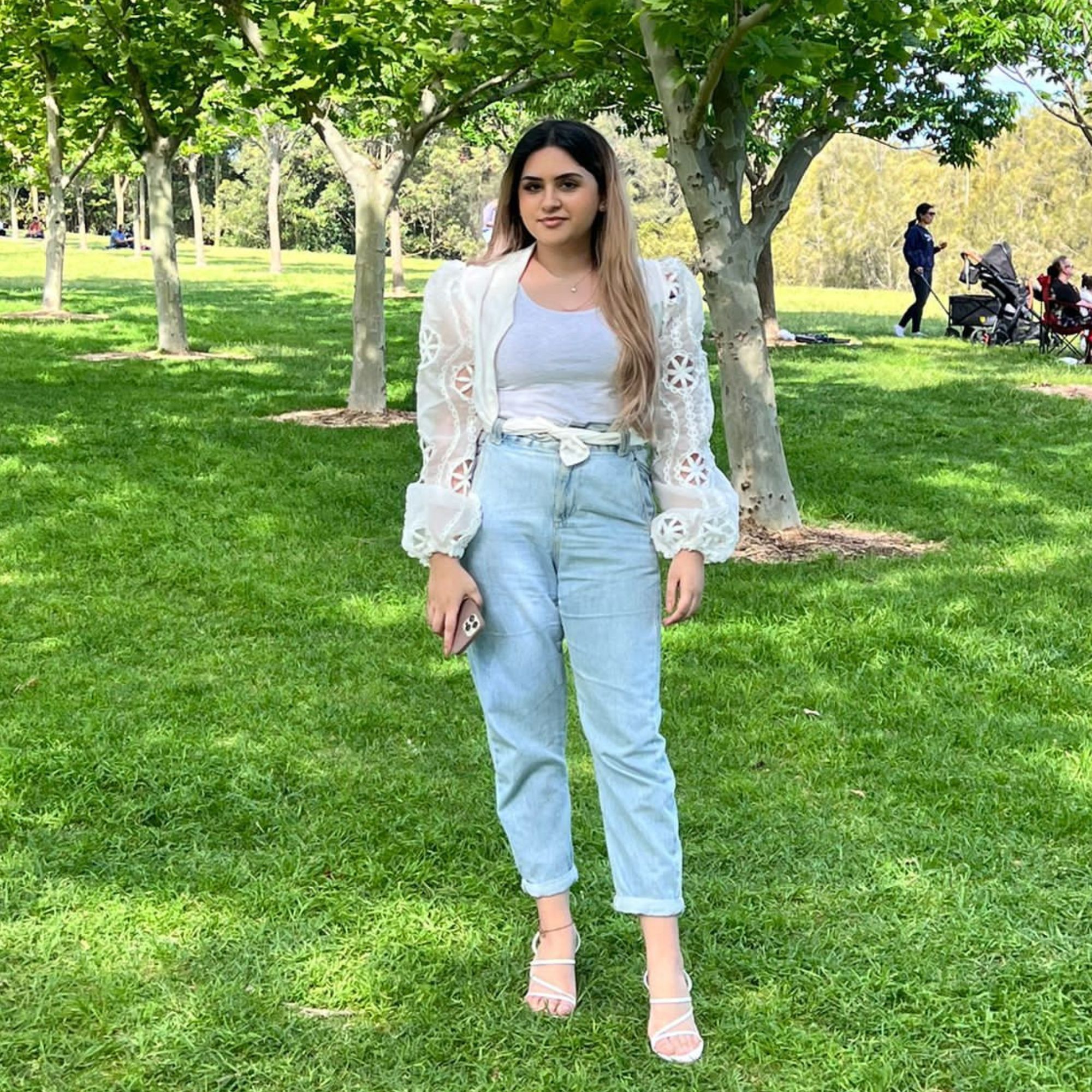
Mehwish comes from a “big fat Punjabi family”, with over 50 first cousins! Living in Sydney and working in the media and advertising space, she enjoys reading, writing urdu poetry, and exploring new food places in her spare time.
Here’s what Ramadan means to Mehwish.
POPSUGAR Australia: Hi Mehwish! What does Ramadan mean to you?
Mehwish: I’ve only recently understood and appreciated what Ramadan means to me.
For many years, I thought of it as a way to empathise with the less fortunate, whilst trying to strengthen my relationship with God, but it’s SO much more than that now.
In a world consumed by greed, money and self-interest, Ramadan is a way to ground myself, self-reflect, and practice gratitude. I do want to clarify that there is no magic switch in Ramadan that births this new sense of spirituality, but in a month where you can deny yourself of your most basic needs (e.g. food and water) from sunrise to sunset, you develop ‘taqwa’ — an Islamic word meaning ‘being conscious and cognisant of God, the truth and the rational reality’. When I fast, I’m reminded that physical and materialistic desires are nothing but a product of a temporal world that will eventually be dissolved in its own impermanence.
Ramadan teaches us to be the best versions of ourselves, by not only refraining from eating, but also refraining from lying, backbiting, gossiping and hurting others, as our short time on earth should be spent looking out for one another and building our relationship with God.
PS: What is your favourite Ramadan tradition?
M: As my family all have busy lives and different schedules, we never get to eat dinner together. Only in Ramadan, we put all things aside and come together to break our fast during iftar. It’s extremely wholesome, and my favourite part of the whole day! It’s also tradition to call other relatives over for iftar, and eat together.
PS: What is something you wish non-Muslims knew about Ramadan?
M: No one is forcing me to fast, it’s my choice. I know everyone else around me will be eating and that’s cool! It’s lovely and I appreciate the sentiment when people feel bad eating around me, but I don’t expect the world to put itself on hold for me. As long as your intent isn’t to rub it in my face, I honestly don’t mind.
Sana, 29
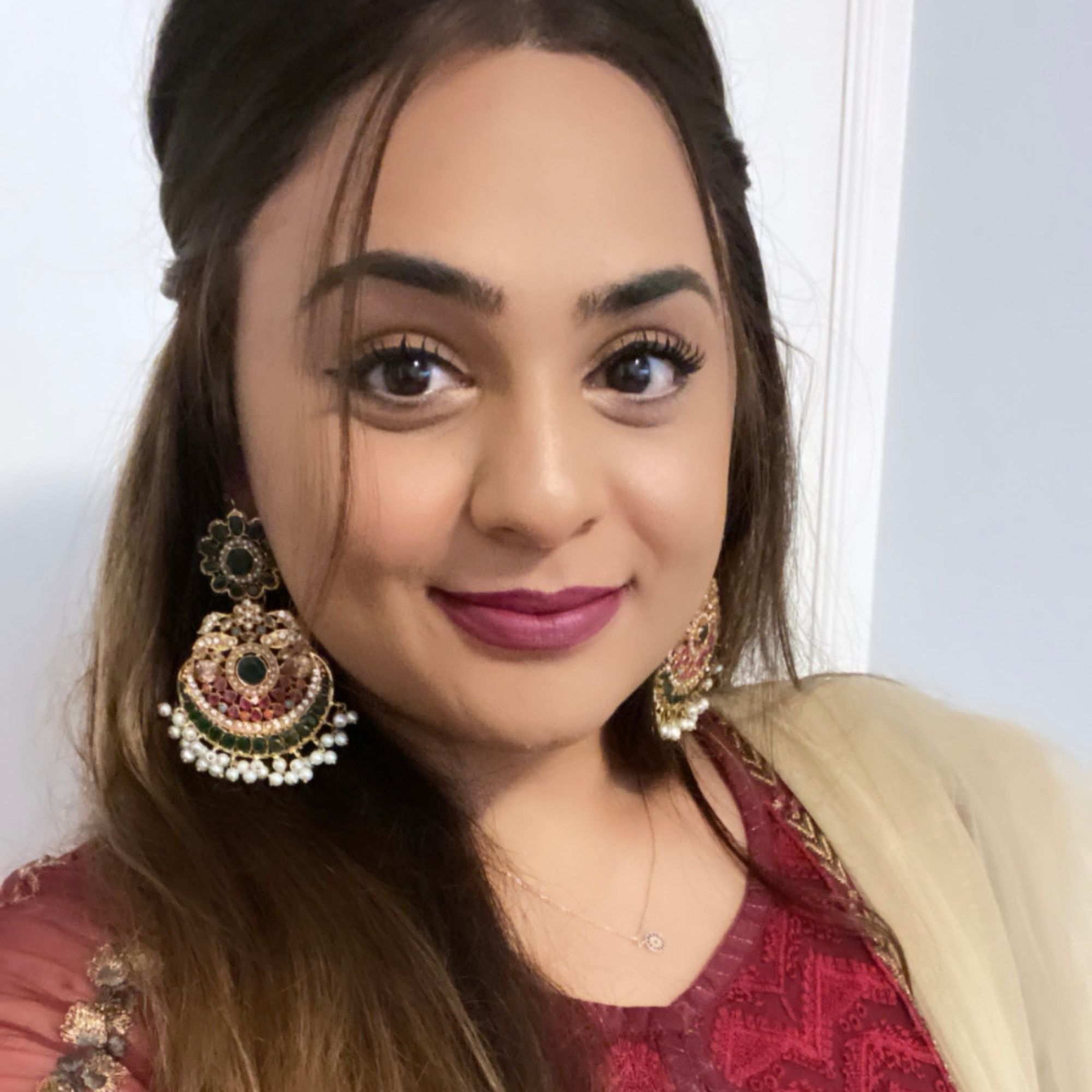
Sana was born and raised in Australia to immigrant parents — her mother is Fijian Indian and her father is Pakistani. She has an older brother who was born in the same year as her, she has a full-time job in the Australian Public Sector and also runs her own at-home lash lift business.
Here’s what Ramadan means to Sana.
POPSUGAR Australia: Hi Sana! What does Ramadan mean to you?
Sana: To me, Ramadan isn’t just about starving my stomach from food and water — it’s about feeding my soul.
Ramadan is a month where I feel blessed to have an opportunity to deeply reconnect spiritually, to control my desires, practice self discipline and change my daily habits for the better.
In a world that is so consumed by work and other competing factors, it is a month where I can solely focus on taking some time out of my busy schedule to focus on my faith, give back to humanity, and express gratitude for the simple things in life.
PS: What does a day in Ramadan look like for you?
S: My day mirrors the routines of many Muslims during Ramadan. It involves waking up before dawn to eat suhoor — the morning meal during Ramadan — usually with one eye still partially closed and bickering with my brother about why he’s chewing so loudly.
Then I do my voluntary prayers, while waiting for the call of prayer for Fajr, which is one of the five mandatory Islamic prayers performed from the moment of dawn but not after sunrise. After morning prayer I’d jump in the shower and get ready for my full time job, commuting by train into the office.
I try my best to schedule meetings around pray times whenever possible to ensure I’m not missing any prayers. There’s usually two, each day. My work day can get quite busy which is great — it makes the day go fast and keeps my mind off the coffee that I couldn’t have in the morning!
Once my work day is over, I usually head straight home and try to make it in time for iftar with my family — the meal eaten after sunset during Ramadan.
I take limited bookings for my lash lift business during Ramadan so I’m not burning myself out but if I need to book a client, it’s only on on weekends. After breaking my fast, I usually try to read some Quran before the last prayer of the night, Isha, and then wind down for bedtime before repeating the same routine the next day!
PS: What do you find to be the most challenging part of Ramadan?
S: The most challenging part of Ramadan has to be juggling Ramadan with work, and I’m sure many Muslims can relate.
There are long hours, additional family responsibilities, broken sleep etc. Sometimes I’m not able to make it home in time for iftar, which means I’m having my first bite or sip of water on the train or alone in the office.
I also find it difficult to maintain energy to be fully present during prayers. l often catch myself praying for the sake of praying rather than truly immersing myself in my time with God. This is why leading up to the month I will adjust my working hours, trying to start early so I can leave early and make it home in time for Maghrib prayer.
Every year I’ll use my annual leave to book the last 10 days of Ramadan off so I can fully immerse myself in worship. It all comes down to what measures and strategies you are able to put into place to really make the most of this holy month because let’s be honest, life is short and we don’t know if we’ll be here for the next one!
Sadia, 22
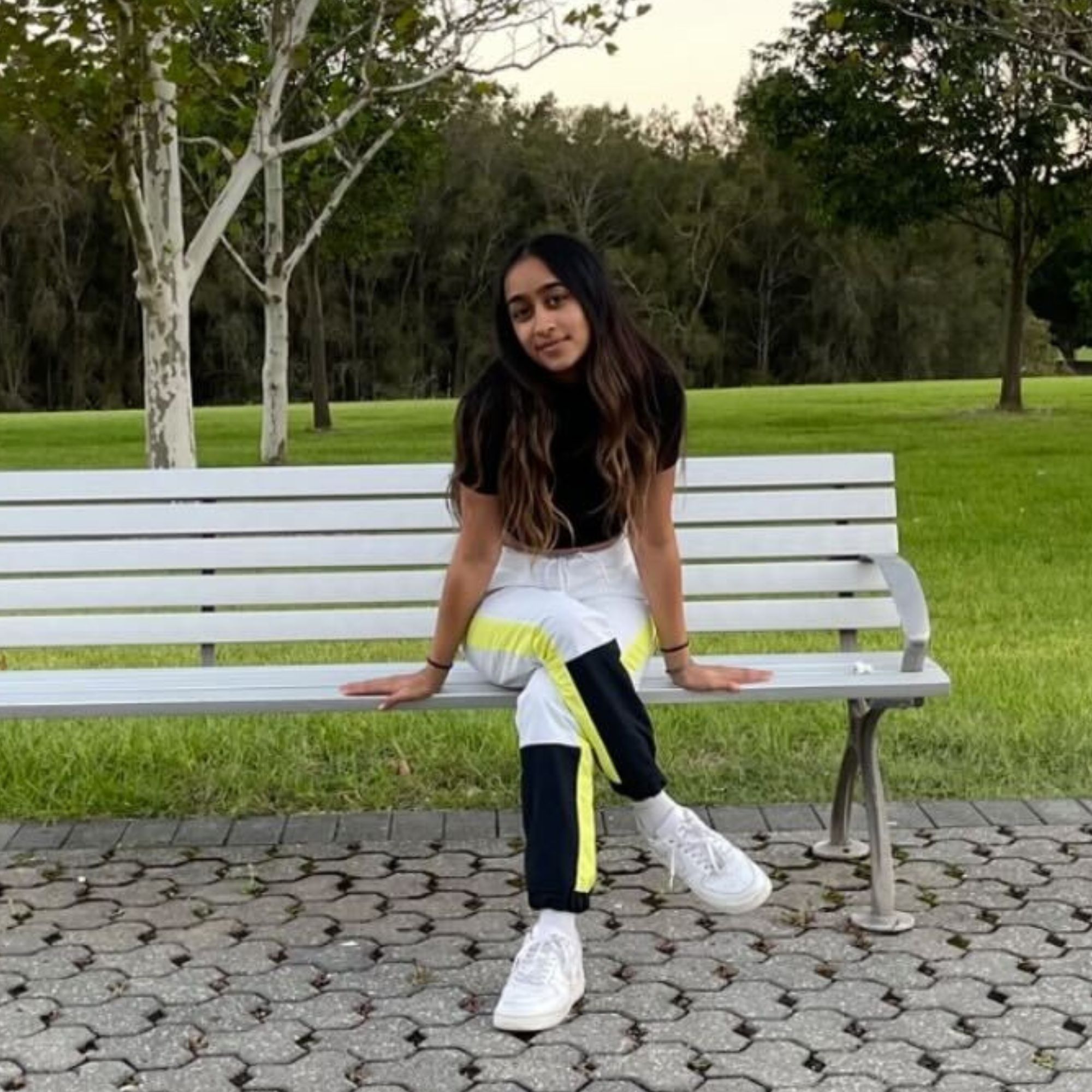
Sadia was born in Bangladesh, but moved here before she was even one — so Australia has always felt like home to her.
Her parents and her all hold dual citizenships, while her brother, who was born here, is only a citizen of Australia.
Here’s what Ramadan means to Sadia.
POPSUGAR Australia: Hi Sadia! What does Ramadan mean to you?
Sadia: For me, Ramadan is the most special time of the year. It’s a month where you spend quality time with family and friends by praying, breaking and starting your fasts together.
It lets you reflect on how fortunate we are being able to have a roof over our heads, knowing when our next meal is and being able to provide income for ourselves. These are all things that can seem insignificant in our lives, so we forget to be grateful for them. Ramadan is a time to reflect on that. It’s also a time for the fortunate to give back to those in need, by donating and for us to be a bit more mindful when spending money on food, clothes and luxuries.
PS: What is your favourite Ramadan tradition?
S: My favourite Ramadan tradition is breaking our fast on the first day of Ramadan with family. As it’s the first day, everyone always buys and makes the most extravagant meals and drinks.
It was always the day I could ask to eat the most expensive item on the menu or the unhealthiest meal and would never be told “no”. It’s also a nice change being able to sit down properly and spend time together as a family and have a break from the busy lives that we sometimes get consumed by.
PS: What is something you wish non-Muslims knew about Ramadan?
S: Ramadan is not a month that we dread because we’re unable to eat.
It’s actually a month that Muslims look forward to. It’s a month of peace and forgiveness. It’s not just a month to fast, but a month to clean yourself of all things negative and be grateful of all the things we take for granted.


